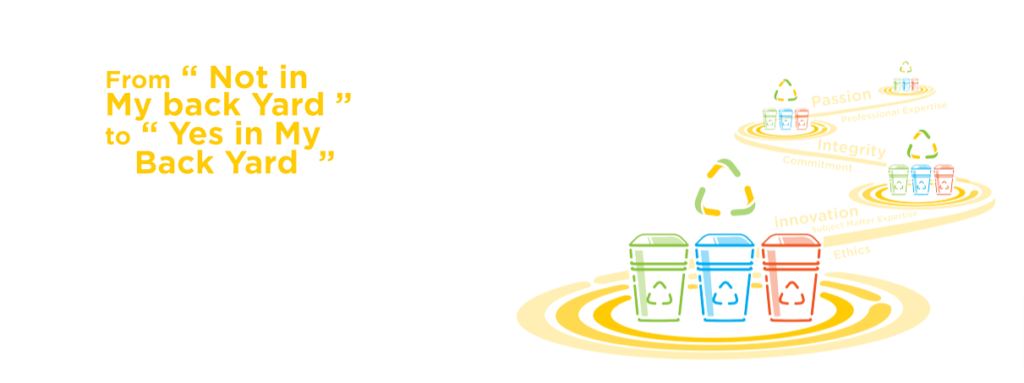In our rapidly evolving world, addressing the critical issue of waste management has never been more crucial. As urban centers burgeon and populations soar, the conventional methods of waste disposal are proving to be unsustainable and detrimental to our environment. However, in the midst of this challenge, a beacon of hope shines brightly: decentralized waste management. This innovative approach offers a sustainable and efficient solution to the burgeoning waste crisis that our communities face.

The Growing Waste Predicament
Urbanization and population growth have contributed to an unprecedented rise in waste production in our society over time. With this growing amount of waste, traditional waste management systems, primarily centralized disposal facilities, are having difficulty keeping up. The capacity of landfills is being exceeded, incineration raises environmental issues, and recycling procedures frequently fail to work. It is clear that a paradigm shift is required to better manage waste.
Decentralized Waste Management: A Visionary Solution
Decentralized waste management, which disperses waste processing facilities throughout communities, is a cutting-edge approach. This strategy minimizes transportation costs and eases the burden on centralized facilities by moving waste processing closer to the point of generation. This decentralized approach not only lessens the load on landfills but also encourages composting, recycling, and other environmentally friendly waste disposal techniques.
Advantages of Decentralized Waste Management
Reduced Environmental Impact
By decentralizing waste management, we minimize the need for extensive transportation of waste to centralized facilities. This translates to reduced greenhouse gas emissions, contributing to a cleaner and more sustainable environment.
Enhanced Recycling Efforts
Decentralization promotes a circular economy by encouraging recycling at the local level. Recycling can be easily sorted and processed in communities, promoting a responsible waste disposal and recycling culture.
Cost-Efficient Operations
It is frequently more affordable to operate smaller waste processing units scattered throughout communities than to maintain large centralized facilities. It minimizes operational costs and optimizes resource utilization.
Resilience to Disasters
Natural disasters can seriously disrupt waste disposal services at centrally located waste management facilities. Decentralized systems, on the other hand, are more resilient and able to withstanad local disruptions.
Join the Movement towards a Sustainable Future
Accepting decentralized waste management is a duty we have to our environment and to future generations, not just a choice. We contribute to a cleaner, more environmentally friendly, and more sustainably developed world by encouraging and implementing decentralized waste management systems.
Closing Thoughts
In conclusion, embracing decentralized waste management is the key to achieving a sustainable future. Our communities are at a turning point as they deal with the urgent problem of waste disposal in the midst of expanding populations and urbanization.Saahas offers solutions for decentralized waste management that are sustainable, effective, and friendly to the environment. Bypass conventional waste disposal techniques and assist us in bringing about a cleaner future. Count on Saahas for cutting-edge, needs-specific waste management solutions.

















